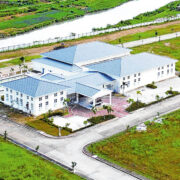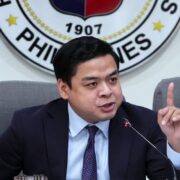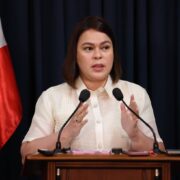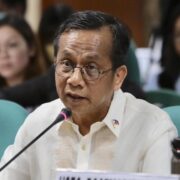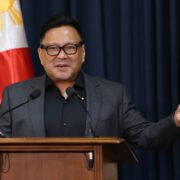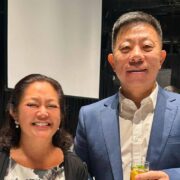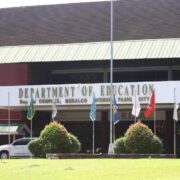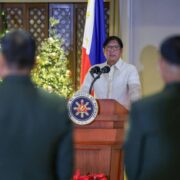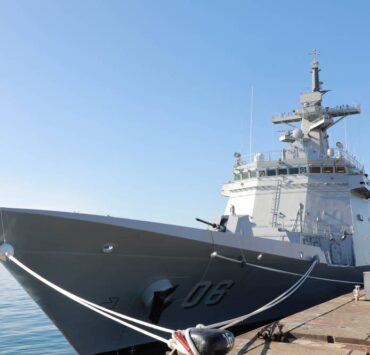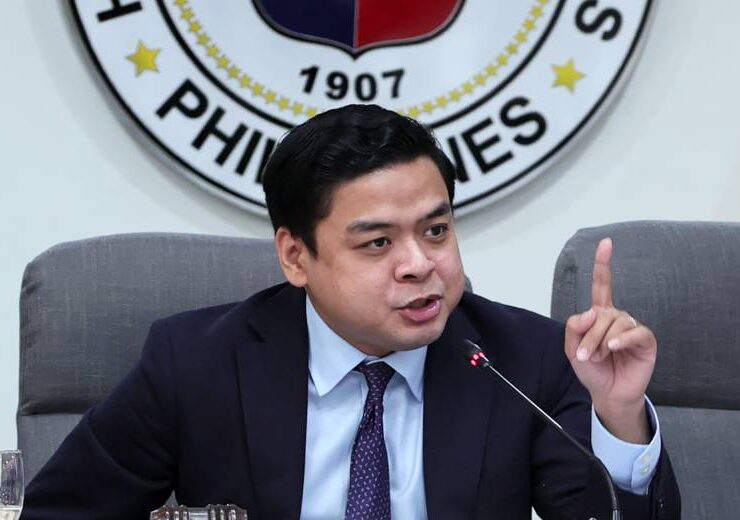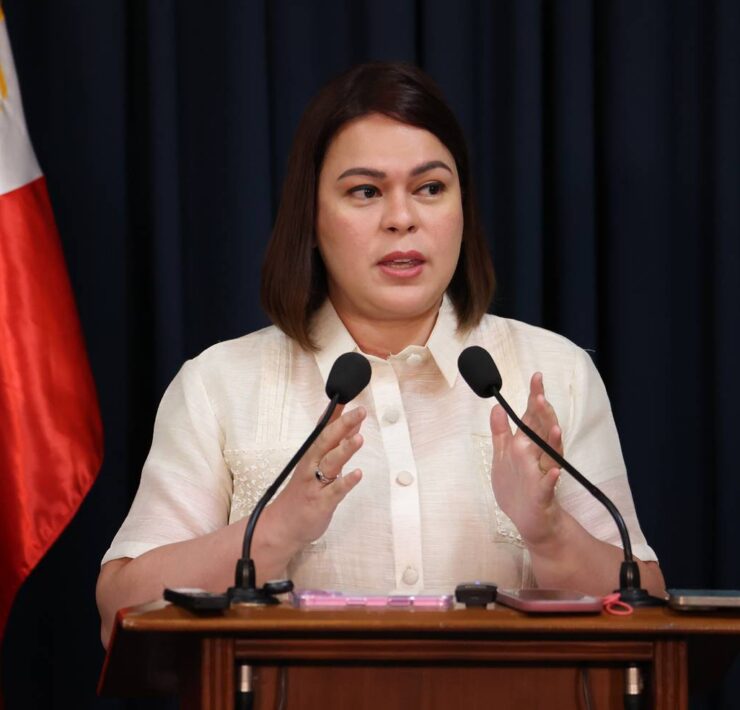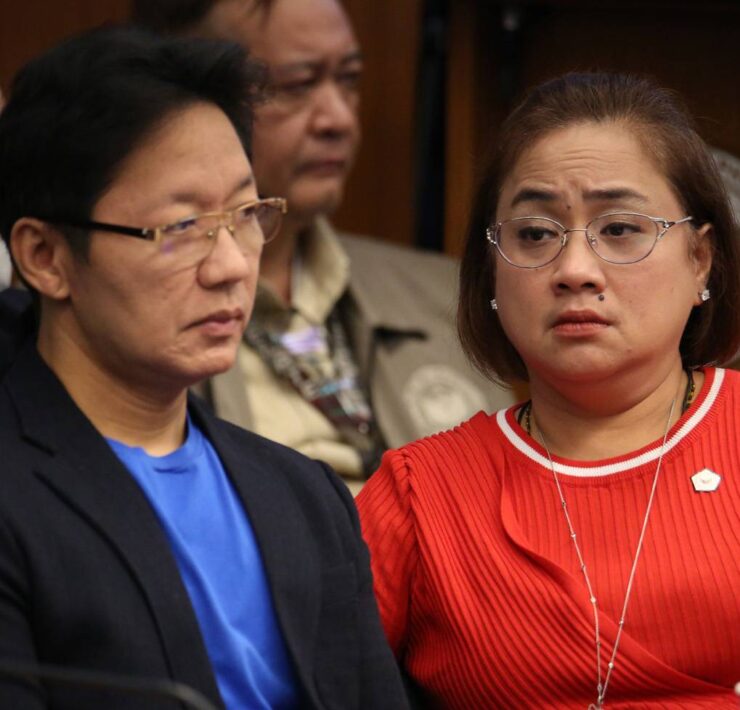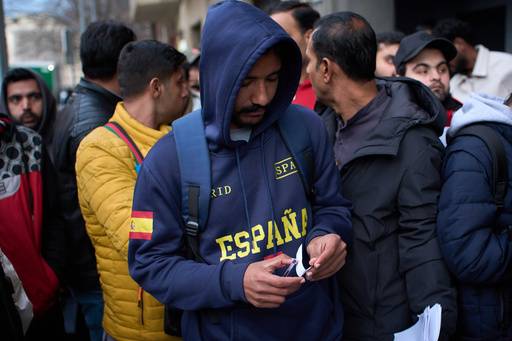Du30 lawyers seek limits to victims’ role in trial
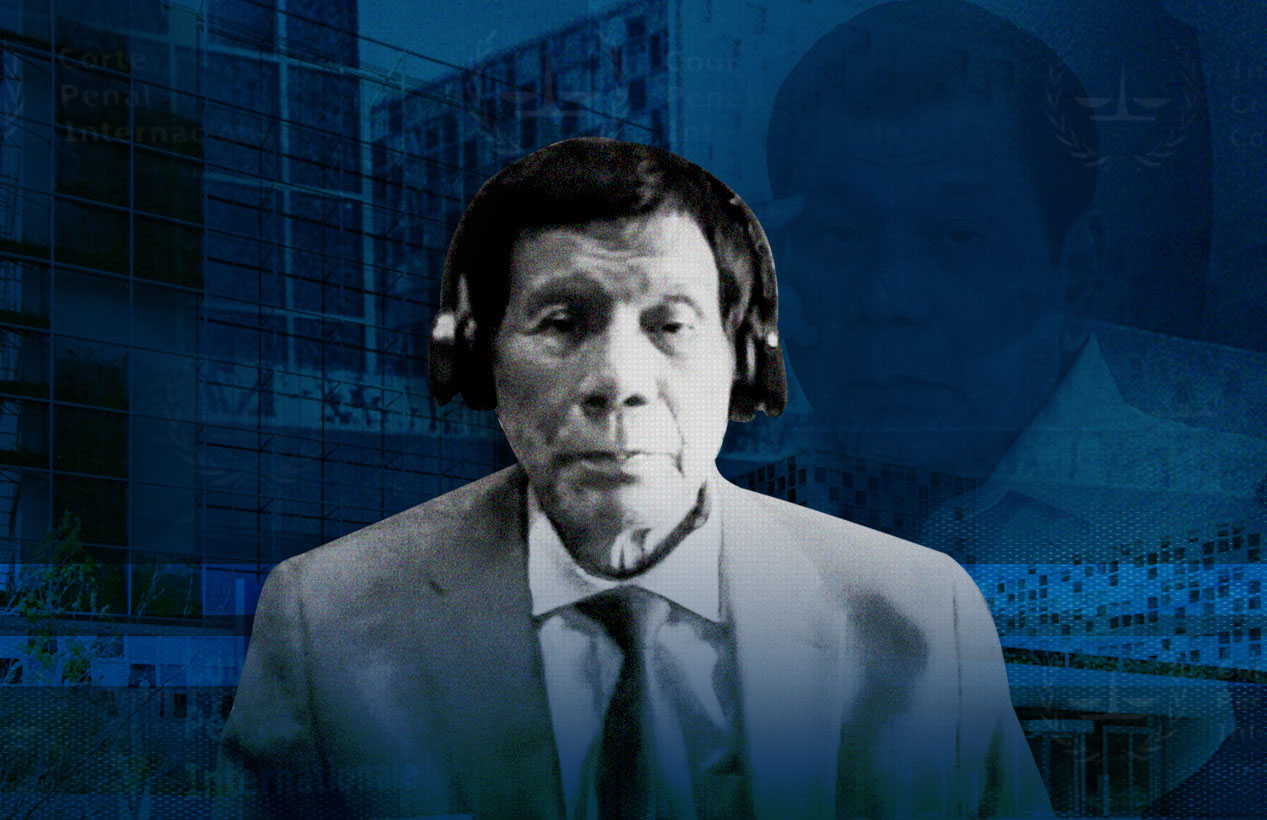
- The lawyers’ rationale: Allowing only certain ID papers, such as a national ID or passport, would “streamline proceedings.” But for the plaintiffs, it’s “obviously intended to exclude” many victims as witnesses.
- In case both IDs are not available, the court should accept “in a staggered fashion” the valid IDs identified by state insurer Social Security System (SSS) to reduce the risk of fraud, the defense counsel added.
- But Kristina Conti of Rise Up for Life and Rights, one of the lawyers assisting victims in the ICC proceedings, said the defense’s observations were “out of touch and harsh” and “obviously intended to exclude the majority of the victims of Duterte’s war on drugs.”
The defense team of former President Rodrigo Duterte has objected to some of the items in the proposed mechanism for drug war victims seeking to participate in his trial before the International Criminal Court (ICC) in The Hague.
Led by defense counsel Nicholas Kaufman, the Duterte camp wants the Pre-Trial Chamber (PTC) 1 to “limit the range” of allowed documents to be submitted by victims as proof of their identity to either only the national ID or an up-to-date Philippine passport, to “streamline proceedings” and adopt a “more stringent approach.”
In case both IDs are not available, the court should accept “in a staggered fashion” the valid IDs identified by state insurer Social Security System (SSS), the defense counsel added.
“Limiting the range of identity documents enhances the reliability of the identity verification process and significantly reduces the risk of fraud,” Kaufman said in an April 7 filing of “observations” to the ICC Registry’s suggested procedures for victims.
He argued that the use of varied and insufficiently verified identity documents “could lead to misidentification, double-counting and the inclusion of false victims.”
These, he noted, could trigger “unnecessary and time-consuming litigation.”
Unrealistic demand
The observations of the defense were in response to the April 2 notice by the ICC’s Registry, which provides judicial and administrative support to the court, on its suggested process and modes for admission, type of identification documents and legal representation in order for the victims to engage with the tribunal.
Citing a backlog in the distribution of national IDs in the Philippines, the Registry recommended a wide range of Philippine government-issued IDs and documents, including the senior citizen card, persons with disability card, National Bureau of Investigation clearance and voter’s certification with dry seal.
But the defense dismissed the backlog issue as a “vague assertion” for the expanded list of proposed IDs.
Kristina Conti of Rise Up for Life and Rights, one of the lawyers assisting victims in the ICC proceedings, said the defense’s observations were “out of touch and harsh” and “obviously intended to exclude the majority of the victims of Duterte’s war on drugs.”
“Their insistence on the use of national IDs is unrealistic, with the obtention and issuance of the cards plagued with consistent issues of delay. Their suggestion to produce passports is antipoor, as only the socially mobile have the luxury to avail [themselves] of cross-country travel,” Conti said in a statement to the Inquirer.
Burden on defense
Aside from the type of IDs, the defense also disagreed with the Registry’s proposal that the longtime lawyers of victims be allowed to serve as temporary legal representatives “to safeguard their right to participate” until the court designates their actual counsel.
This suggestion was backed by the ICC’s Office of Public Counsel for Victims (OPCV), which stressed the need to protect the interest of the victims while awaiting the appointment of their common legal counsel to avoid “any gaps in their legal representation.”
But the defense insisted that the pretrial court recognize only the OPCV as the sole legal representative of the victims to avoid “slowing down the proceedings” by numerous submissions of their individual lawyers.
The OPCV, which provides legal assistance, research and court representation to victims, works independently from the ICC.
“Permitting submissions by individual lawyers for some, but not all, applicants while simultaneously appointing the OPCV for others will result in twice the number of submissions before this Chamber,” Kaufman claimed. “It will be unwieldy [and] unnecessarily encumber the defense… This will impact on Mr. Duterte’s right to a speedy judicial process.”
New defense team member
This developed as the PTC also announced that seasoned international defense lawyer Dov Jacobs has joined the legal team of Duterte as an associate counsel.
The 45-year-old French lawyer has at least 15 years of experience in international law and international criminal law both as a practitioner and as an academic, information on his personal website showed.
Jacobs was part of the defense team of former Ivory Coast President Laurent Gbagbo who was acquitted in 2019 of charges of murder, rape and other crimes against humanity in the ICC.
He is also a defense counsel for Mahamat Said, a former high-ranking militant leader in the Central African Republic currently on trial at the ICC for war crimes and crimes against humanity.
In Malacañang, Presidential Communications Office Undersecretary and Palace press officer Claire Castro said on Tuesday that Kaufman might have more things to worry about other than what he called “political manipulation” of arguments as the only potential hurdle in the former president’s legal woes.
In a press briefing, Castro pointed out that Kaufman’s client “admitted his acts of killings.”
Duterte has also repeatedly taken full legal and moral responsibility for the bloody war on illegal drugs that killed more than 6,000 mostly poor drug suspects in alleged shootouts and vigilante-style killings. —WITH A REPORT FROM JULIE M. AURELIO

